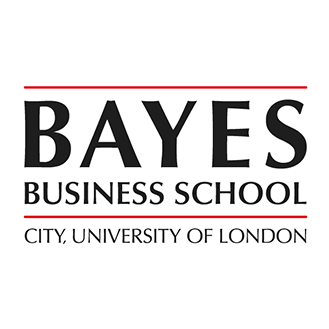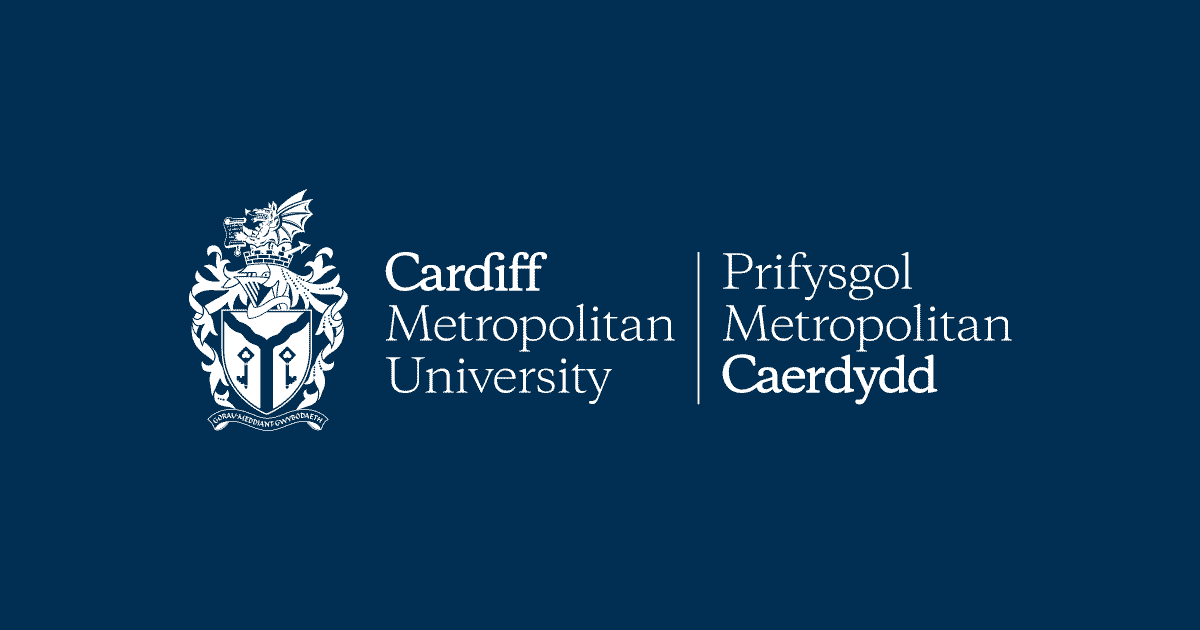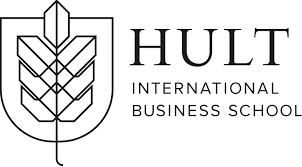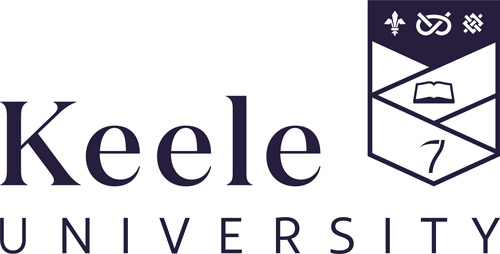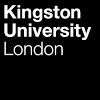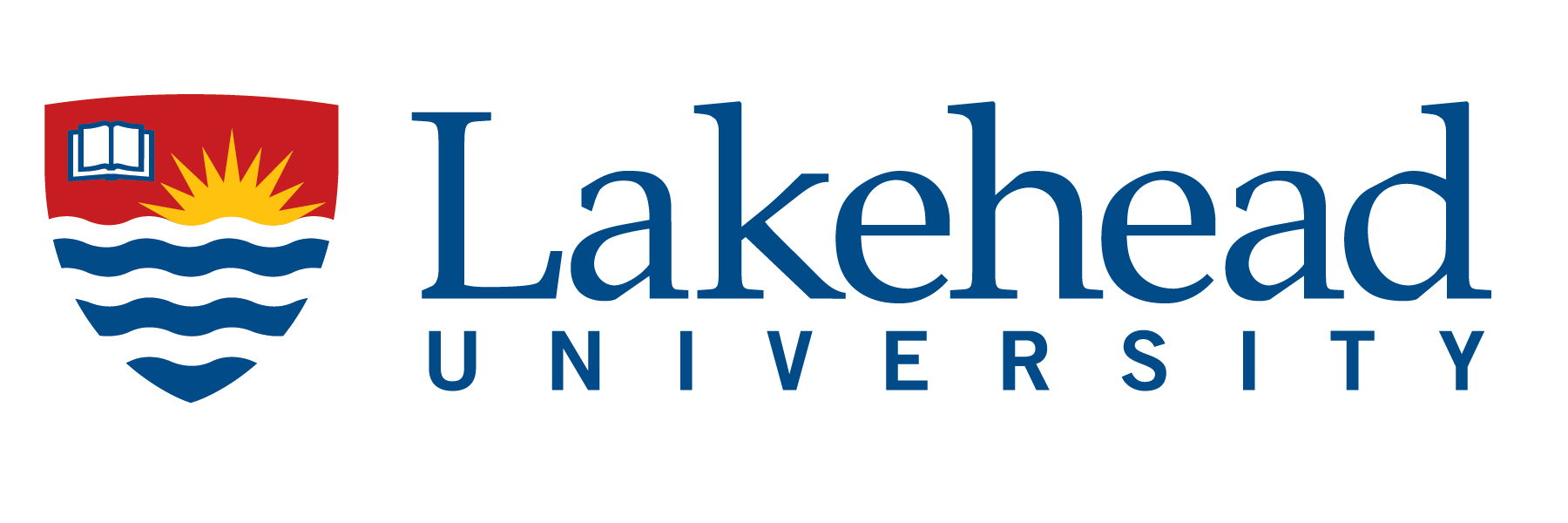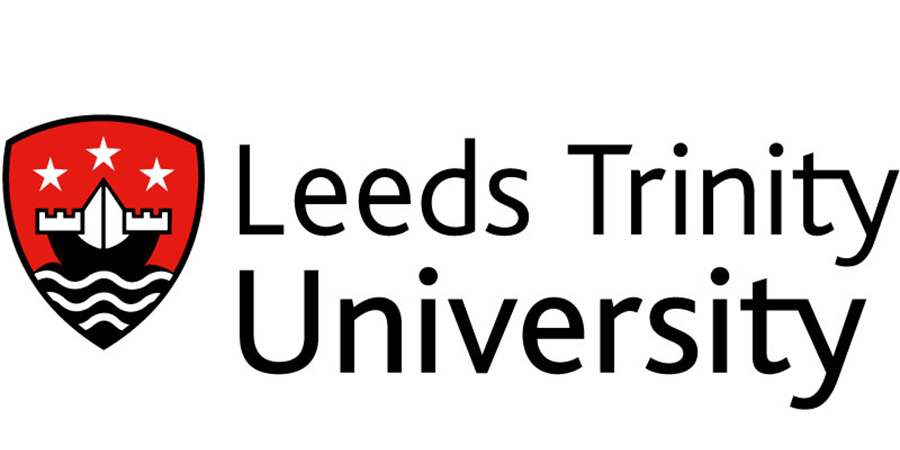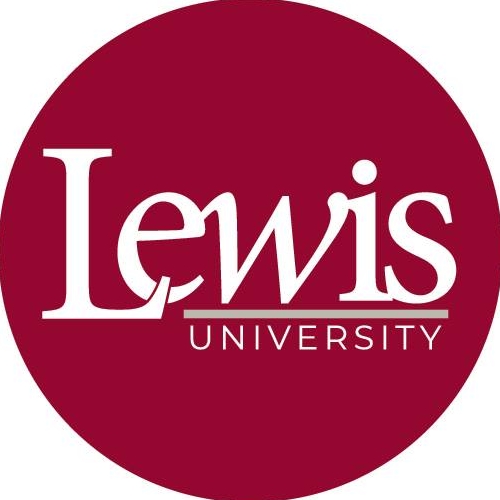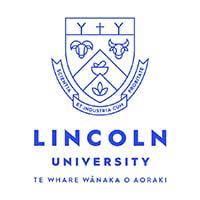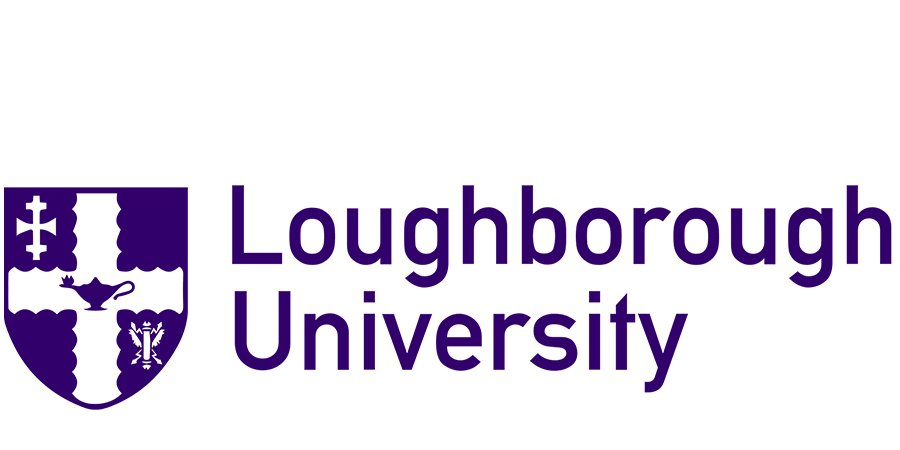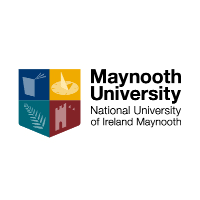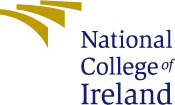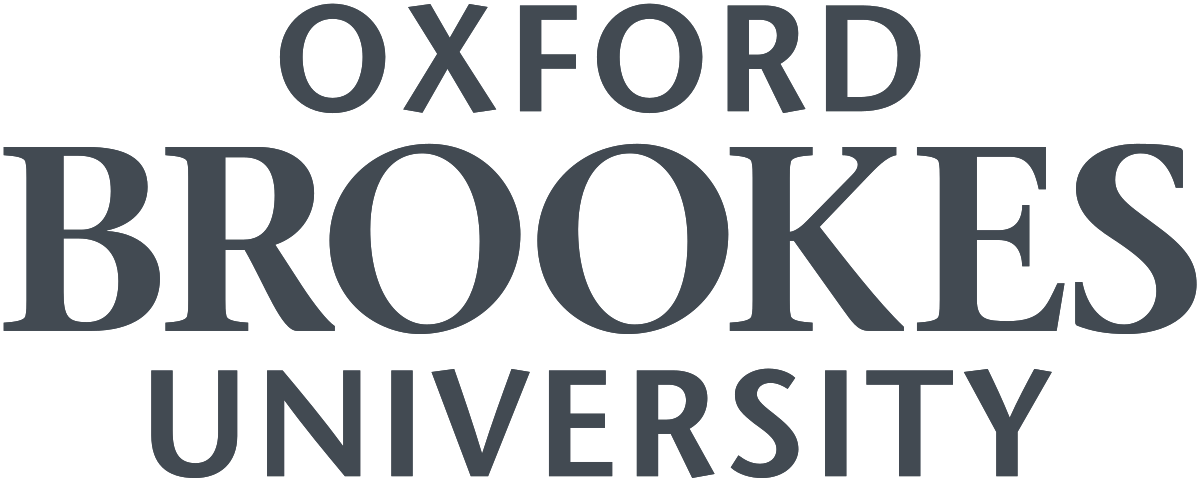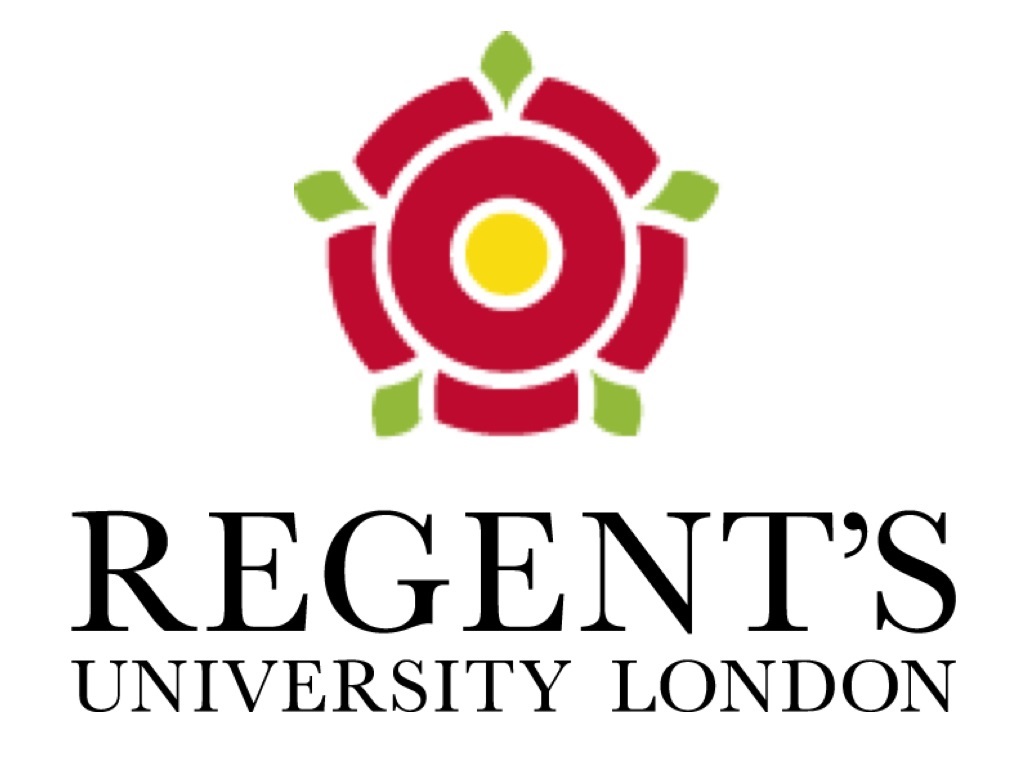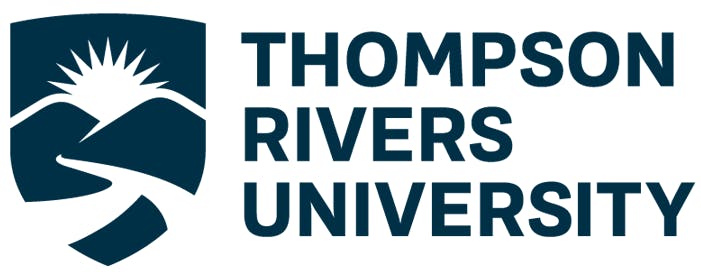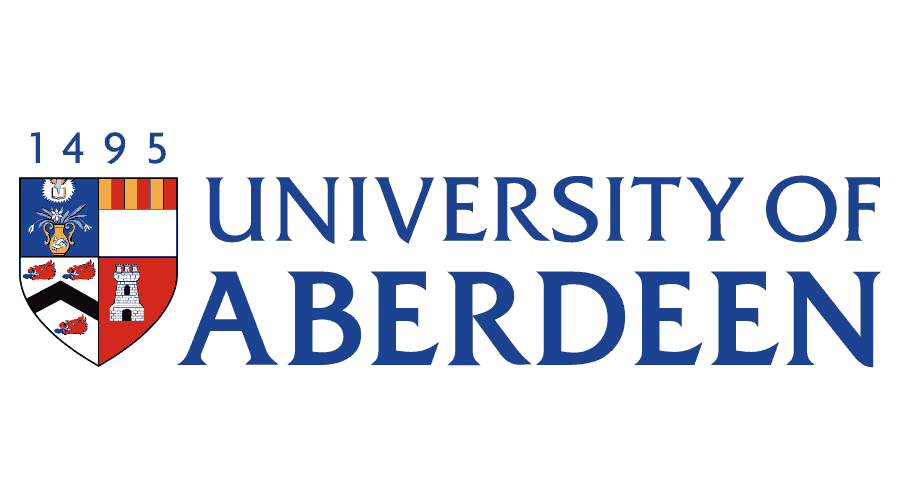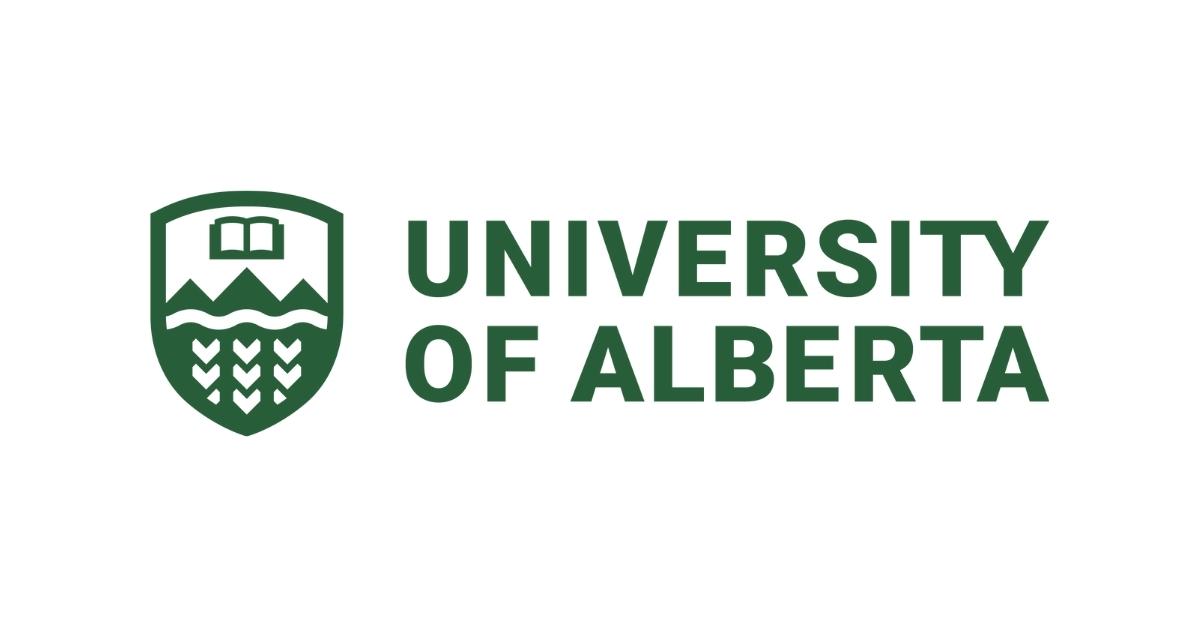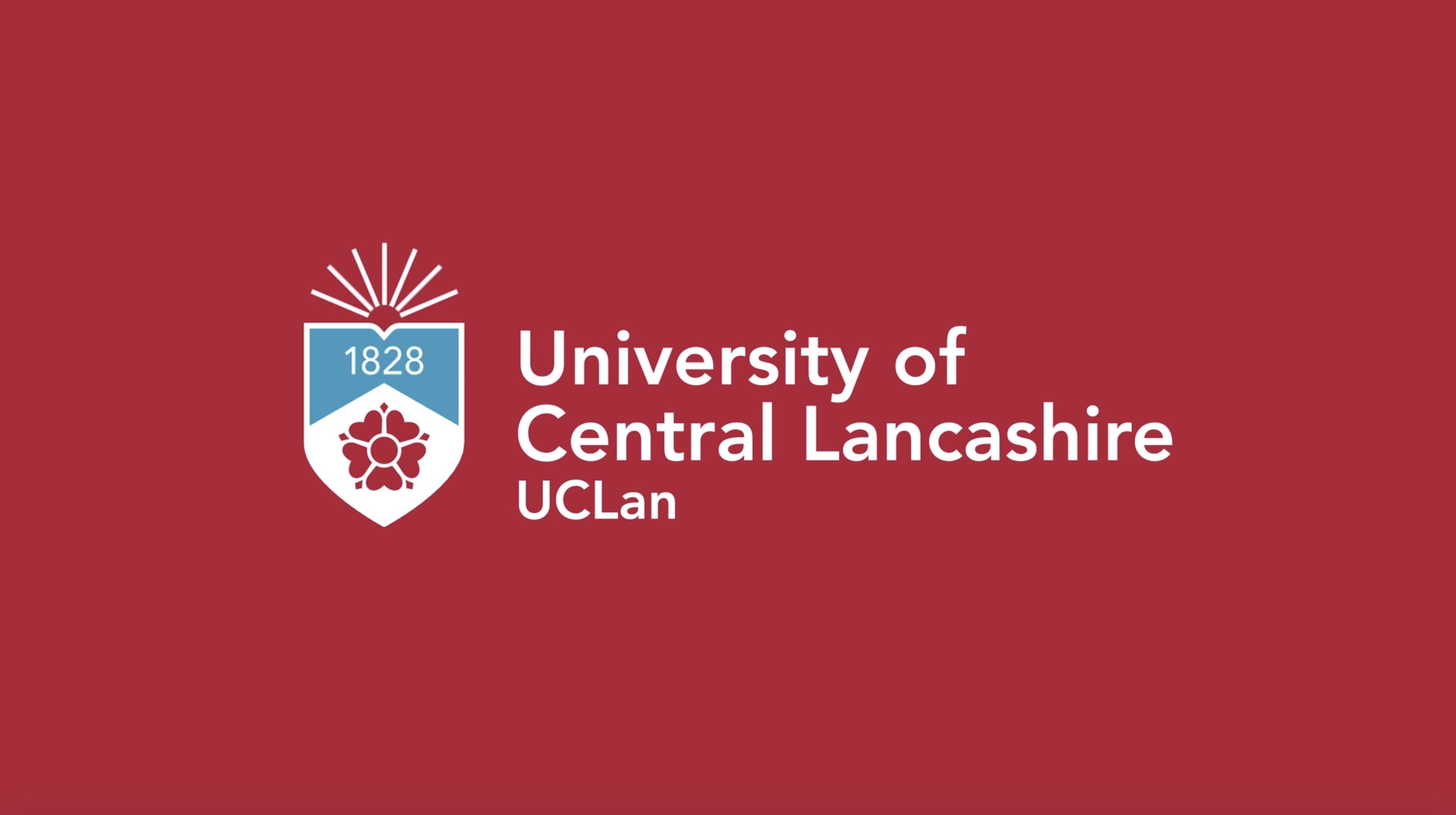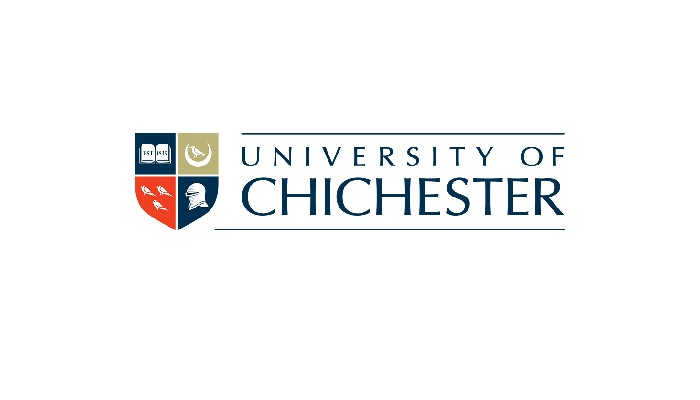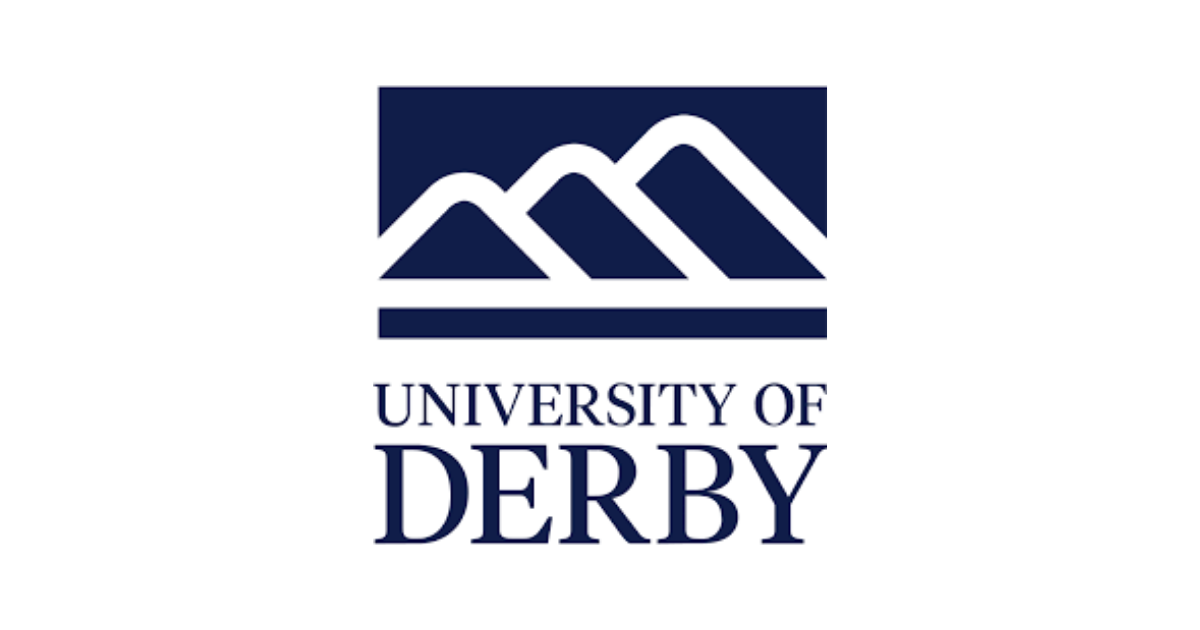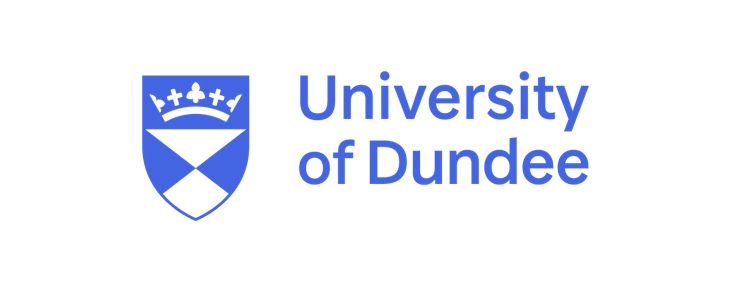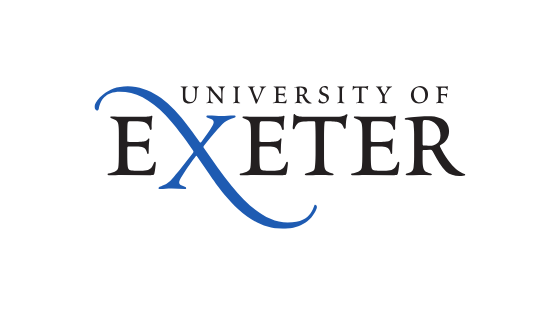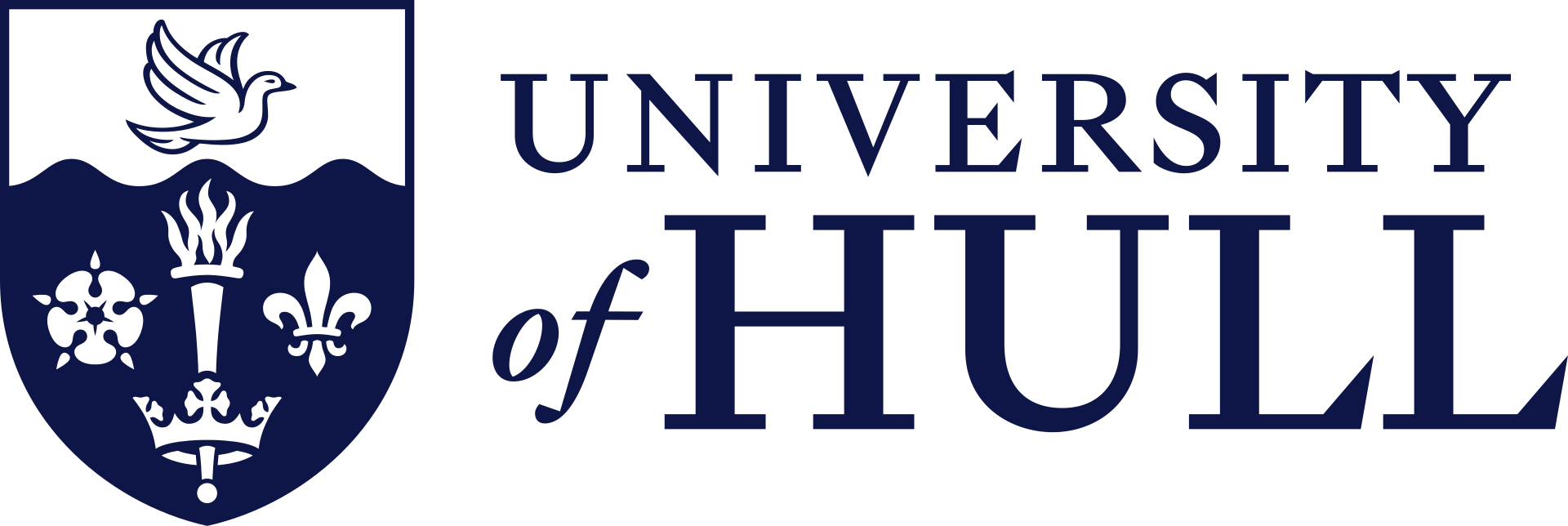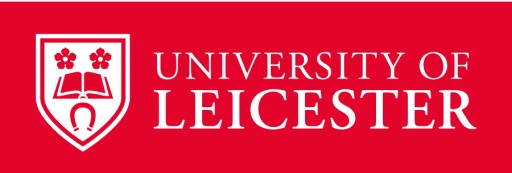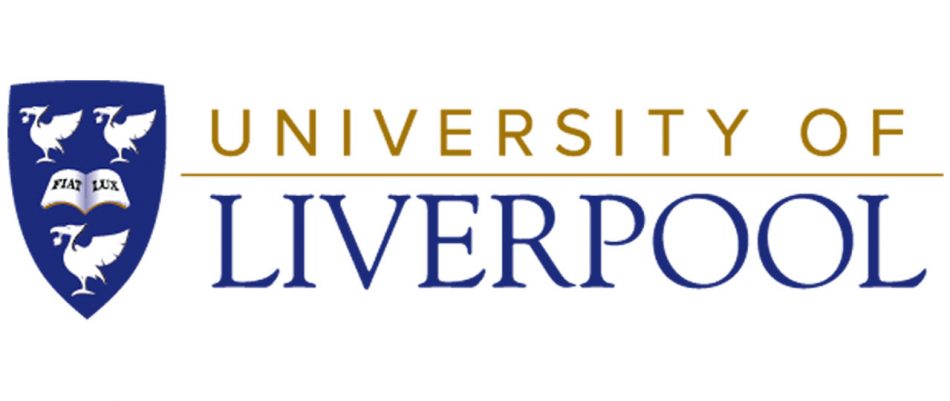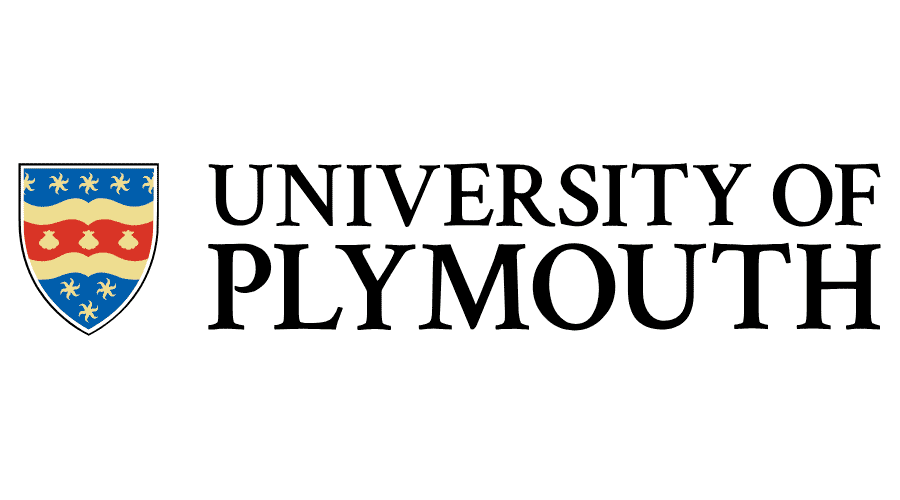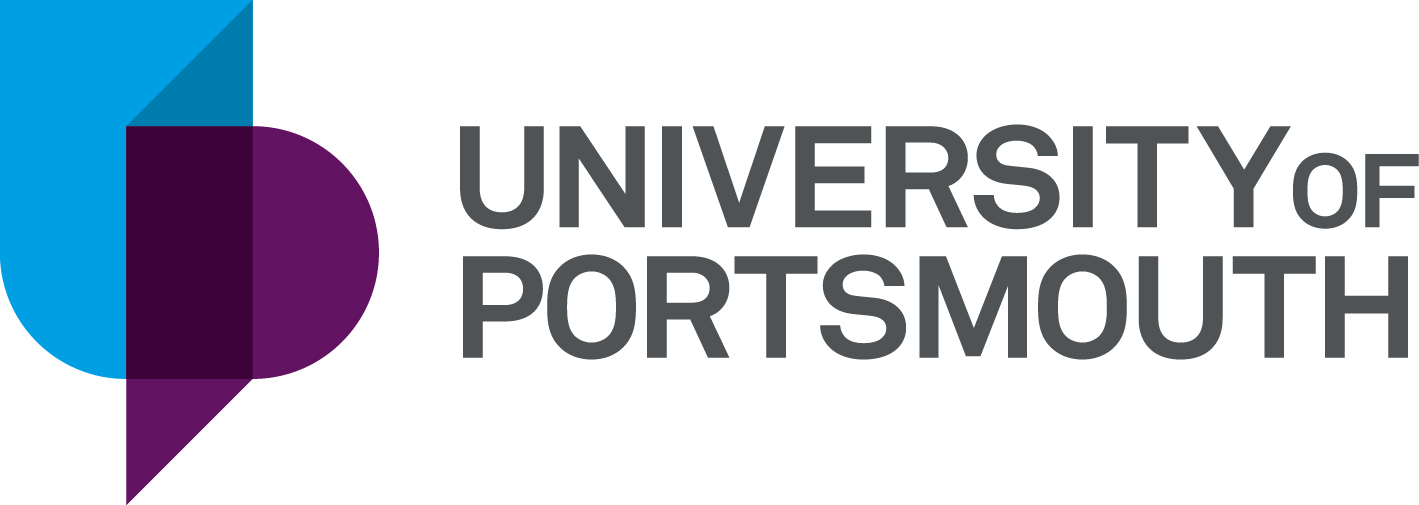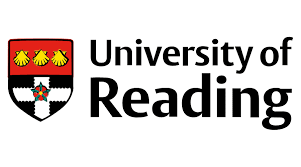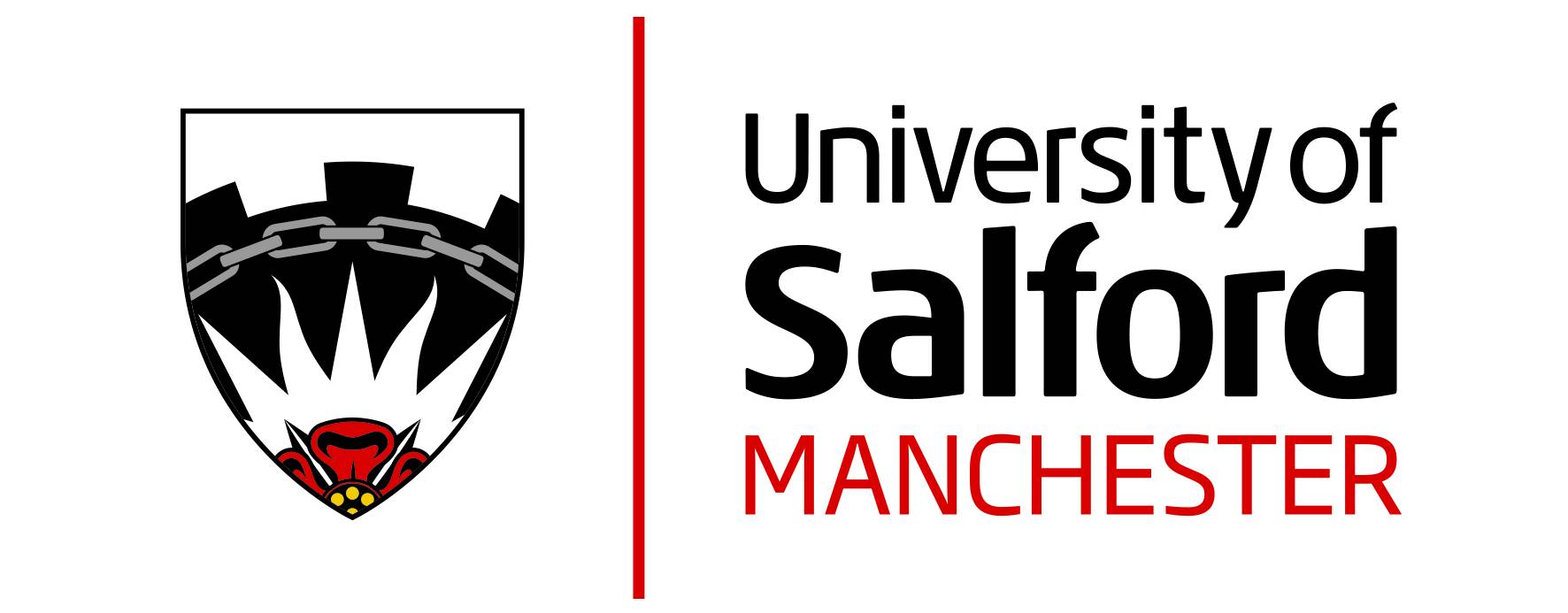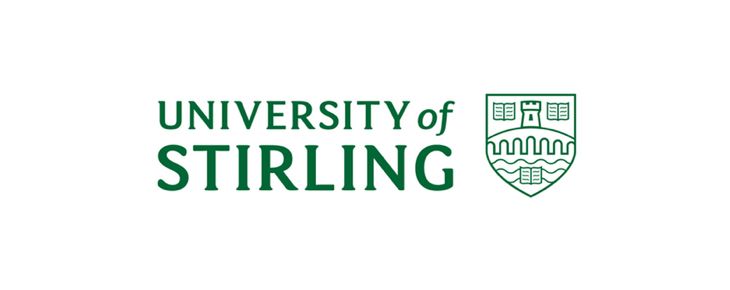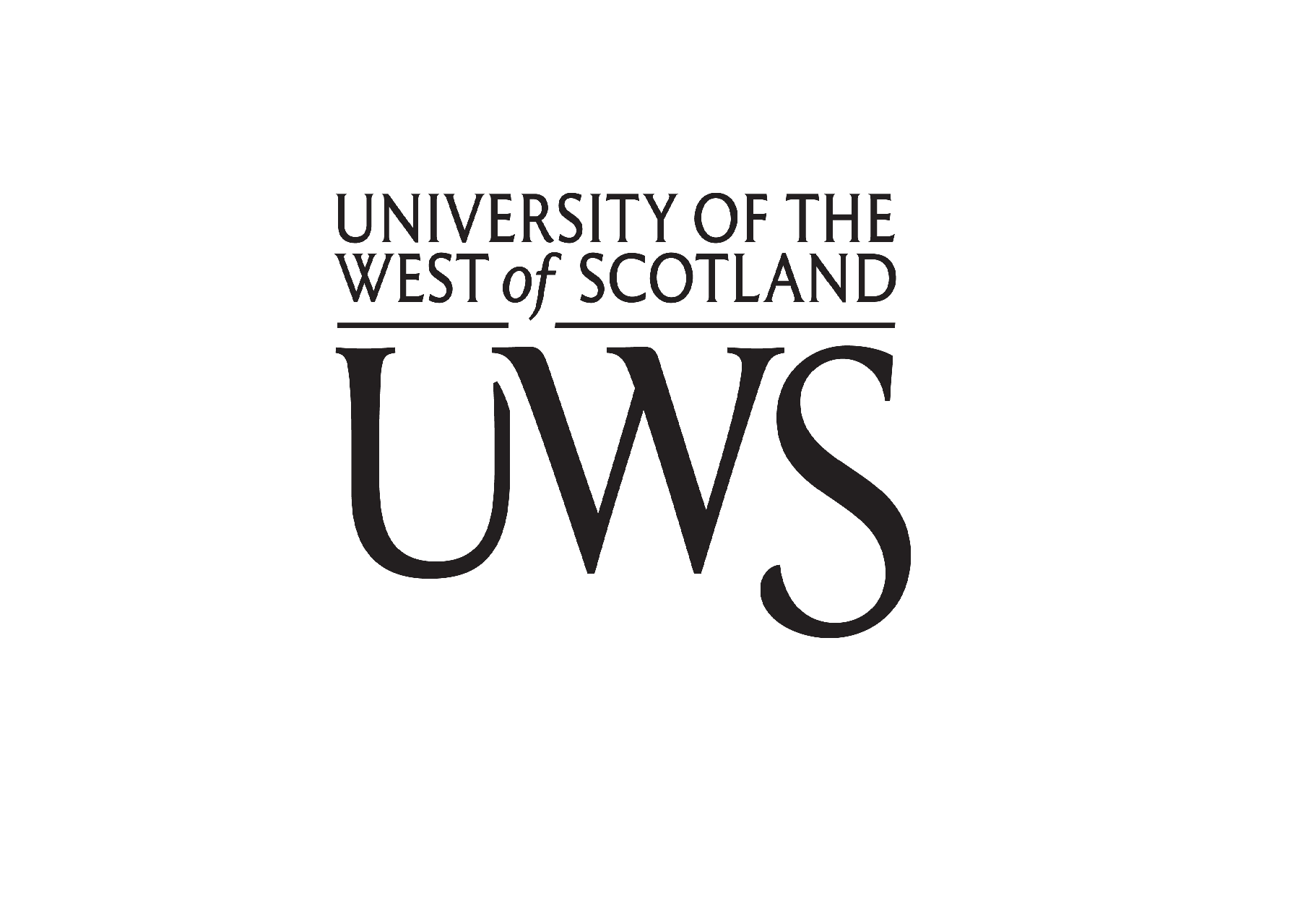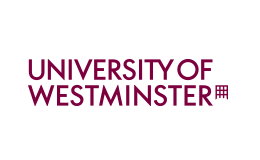International Business: Your Gateway to Global Careers
Embark on a transformative journey with a degree in International Business. This dynamic field equips you with the knowledge and skills to navigate the complexities of global trade, multinational corporations, and international markets. For Indian students aspiring to study abroad, pursuing International Business opens doors to exciting opportunities in a world where economies are increasingly interconnected. Whether you're interested in export-import strategies, cross-cultural management, or global supply chains, this course prepares you to thrive in diverse business environments.
Studying International Business abroad offers unparalleled exposure to real-world practices, diverse cultures, and cutting-edge business theories. Indian students, in particular, benefit from this education as it bridges the gap between India's booming economy and the global stage, enhancing employability in sectors like IT, manufacturing, and services.
Why Choose International Business?
The world of business is borderless, and so are the opportunities. International Business programs focus on how businesses operate across countries, addressing challenges like currency fluctuations, trade policies, and cultural differences. In today's globalized economy, professionals who understand these nuances are in high demand.
- Global Perspective: Learn to analyze international markets and develop strategies for expansion.
- Cultural Competence: Gain insights into diverse business etiquettes, essential for working with teams from around the world.
- Practical Skills: From negotiation tactics to risk management, acquire tools that apply directly to real-life scenarios.
- Relevance for Indians: With India's growing role in global trade (e.g., via initiatives like Make in India), this degree positions you as a key player in international partnerships.
For Indian students, studying abroad in this field means accessing top-tier education systems that emphasize innovation and entrepreneurship, often unavailable at the same scale domestically.
Course Structure and Curriculum
International Business programs typically span 1-2 years for master's levels or 3-4 years for undergraduate degrees. The curriculum is designed to blend theoretical foundations with hands-on experience, ensuring you're job-ready upon graduation.
Core Modules
| Module | Description |
|---|---|
| International Marketing | Explore strategies for promoting products in global markets, including market research and branding across cultures. |
| Global Economics | Understand macroeconomic factors like trade agreements (e.g., WTO, RCEP) and their impact on businesses. |
| Cross-Cultural Management | Learn to manage diverse teams, with emphasis on communication styles and leadership in multicultural settings. |
| International Finance | Cover topics like foreign exchange risks, international investment, and financial reporting standards (e.g., IFRS). |
| Supply Chain and Logistics | Study global operations, including sourcing, distribution, and sustainability in international trade. |
| Business Ethics and Sustainability | Address ethical dilemmas in global business and the role of ESG (Environmental, Social, Governance) factors. |
Many programs include internships, case studies, and study tours to companies like Google, Unilever, or local multinationals. Electives might cover emerging areas such as digital trade or e-commerce in developing markets, which resonate with India's digital economy boom.
Top Destinations for Indian Students
Choosing the right country can make all the difference. Popular destinations offer quality education, post-study work visas, and vibrant Indian communities.
- United States: Home to Ivy League schools like Harvard and Wharton. Programs emphasize entrepreneurship; average tuition: $40,000-$60,000/year. Post-graduation, OPT allows up to 3 years of work.
- United Kingdom: Universities like London Business School offer 1-year MSc programs. Focus on EU-Asia trade; tuition: £20,000-£35,000. Graduate Route visa for 2 years of work.
- Canada: Affordable and welcoming, with schools like Rotman (University of Toronto). Strong emphasis on sustainable business; tuition: CAD 30,000-50,000. PGWP up to 3 years.
- Australia: Universities such as Melbourne Business School highlight Asia-Pacific trade, relevant for India-Australia ties. Tuition: AUD 40,000-55,000. Post-study work visa: 2-4 years.
- Germany: Low or no tuition fees at public universities like Mannheim. Ideal for EU market exposure; programs in English available.
These countries host large Indian diaspora networks, easing cultural transitions and providing support through student associations.
Eligibility and Admission Requirements
As an Indian student, you'll need to meet specific criteria to secure admission. Requirements vary by university but generally include:
- Academic Qualifications: Bachelor's degree with 50-60% marks (or equivalent GPA) for master's programs. For undergrad, 10+2 with strong commerce/math scores.
- English Proficiency: IELTS (6.5+ overall) or TOEFL (90+). Some universities accept Duolingo or waive for Indian medium-of-instruction schools.
- Entrance Exams: GMAT/GRE for top programs; not always mandatory for all.
- Work Experience: Preferred for MBA-level (1-2 years), but not required for MSc.
- Documents: SOP (Statement of Purpose), LORs (Letters of Recommendation), resume, and transcripts.
Start preparing 12-18 months in advance. Deadlines are typically November-January for fall intake.
Scholarships and Financial Aid for Indian Students
Studying abroad can be costly, but numerous scholarships ease the burden. Indian students are eligible for merit-based and need-based funding.
- University-Specific: E.g., Fulbright-Nehru (USA) covers full tuition; Chevening Scholarships (UK) for leadership potential.
- Government Schemes: India's National Overseas Scholarship for SC/ST students; Australia's Endeavour Awards.
- Private Options: Inlaks Shivdasani Foundation grants up to $100,000 for studies abroad.
- Part-Time Work: Most countries allow 20 hours/week during term, helping cover living costs (e.g., £800-£1,200/month in UK).
Research early—many scholarships require separate applications. Average total cost: $50,000-$80,000 for a 1-2 year program, including living expenses.
Application Process: Step-by-Step Guide
- Research Programs: Use platforms like QS Rankings or our website to shortlist 5-10 universities.
- Prepare Documents: Translate Indian transcripts if needed; get them attested by authorities.
- Take Exams: Schedule IELTS/GMAT 3-6 months before deadlines.
- Apply Online: Submit via university portals; application fees: $50-$200.
- Interviews: Prepare for video calls discussing your motivation and career goals.
- Visa Application: Once accepted, apply for student visa (e.g., F-1 for USA). Show proof of funds and ties to India.
- Pre-Departure: Attend orientations, arrange accommodation, and join Indian student forums.
Our study abroad counselors can guide you through this process for a seamless experience.
Career Opportunities After Graduation
A degree in International Business propels you into high-paying roles worldwide. Indian graduates often return with global networks, boosting careers at firms like Tata, Reliance, or Deloitte.
- Job Roles: International Trade Specialist, Global Marketing Manager, Export Manager, Supply Chain Analyst.
- Industries: Consulting (McKinsey), Tech (Amazon), Finance (HSBC), NGOs (UNDP).
- Salary Prospects: Starting $50,000-$80,000 USD abroad; in India, ₹10-20 lakhs/annum, rising quickly with experience.
- Growth for Indians: Leverage skills in Indo-Pacific trade; many alumni lead India offices of MNCs.
Post-study work visas allow gaining experience before deciding to return or stay. Networking via alumni events is key.
Success Stories from Indian Students
"Studying International Business at the University of Toronto transformed my outlook. Now, I manage Asia-Pacific operations for a Fortune 500 company back in Mumbai." – Rahul Sharma, Batch of 2022
"The cross-cultural modules helped me negotiate deals between Indian suppliers and European buyers. Scholarships made it affordable!" – Priya Patel, LSE Alumna
Frequently Asked Questions (FAQs)
- Is International Business suitable for non-commerce backgrounds?
- Yes, many programs accept graduates from any field, provided you have basic business knowledge.
- How does it differ from regular MBA?
- It focuses on global aspects, ideal if you're interested in international roles rather than domestic management.
- Can I study part-time or online?
- Hybrid options exist, but full-time abroad maximizes networking and visa benefits.
- What if I want to return to India?
- Absolutely! The degree enhances prospects in India's export sector and startups.
Ready to take the next step? Explore our personalized counseling services to kickstart your International Business journey abroad. With the right preparation, you'll not only earn a world-class degree but also build a global career that reflects your ambitions.






